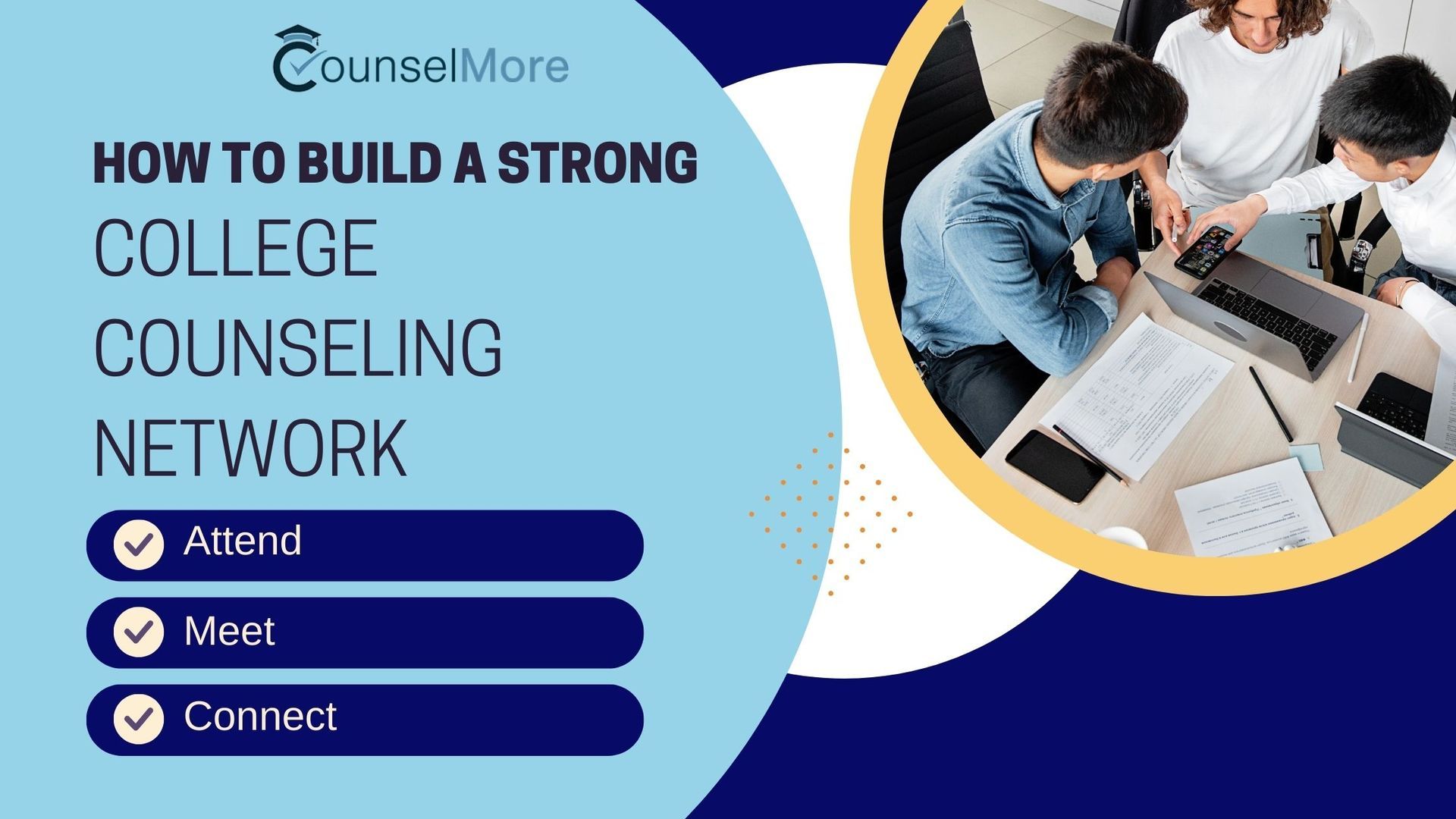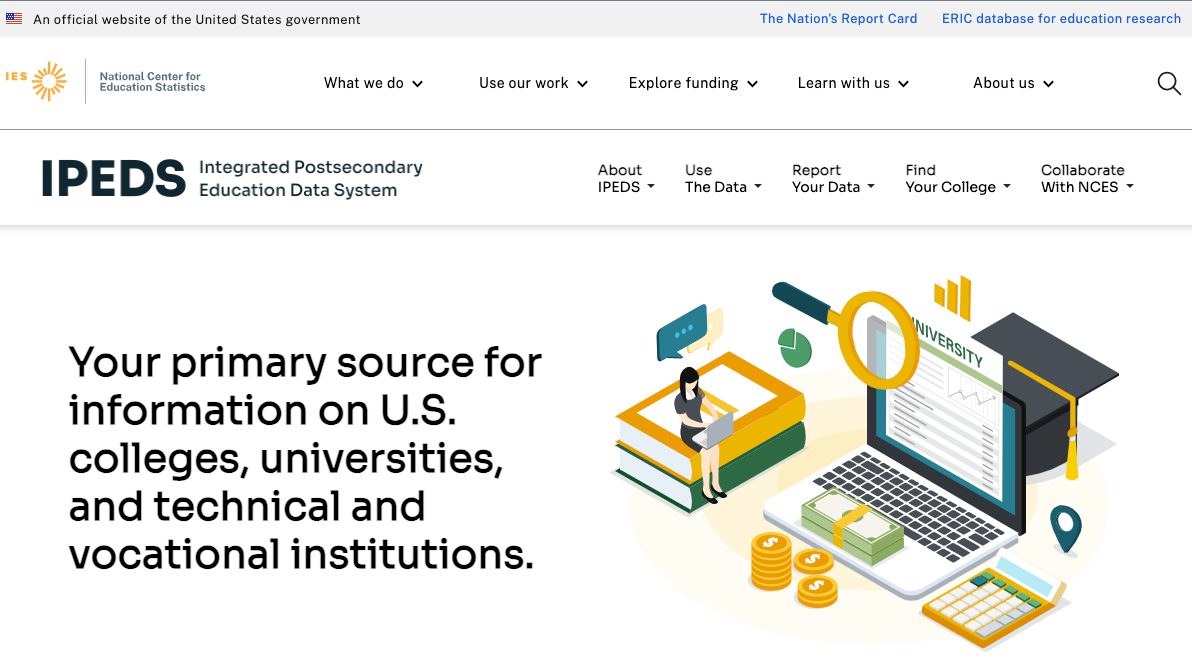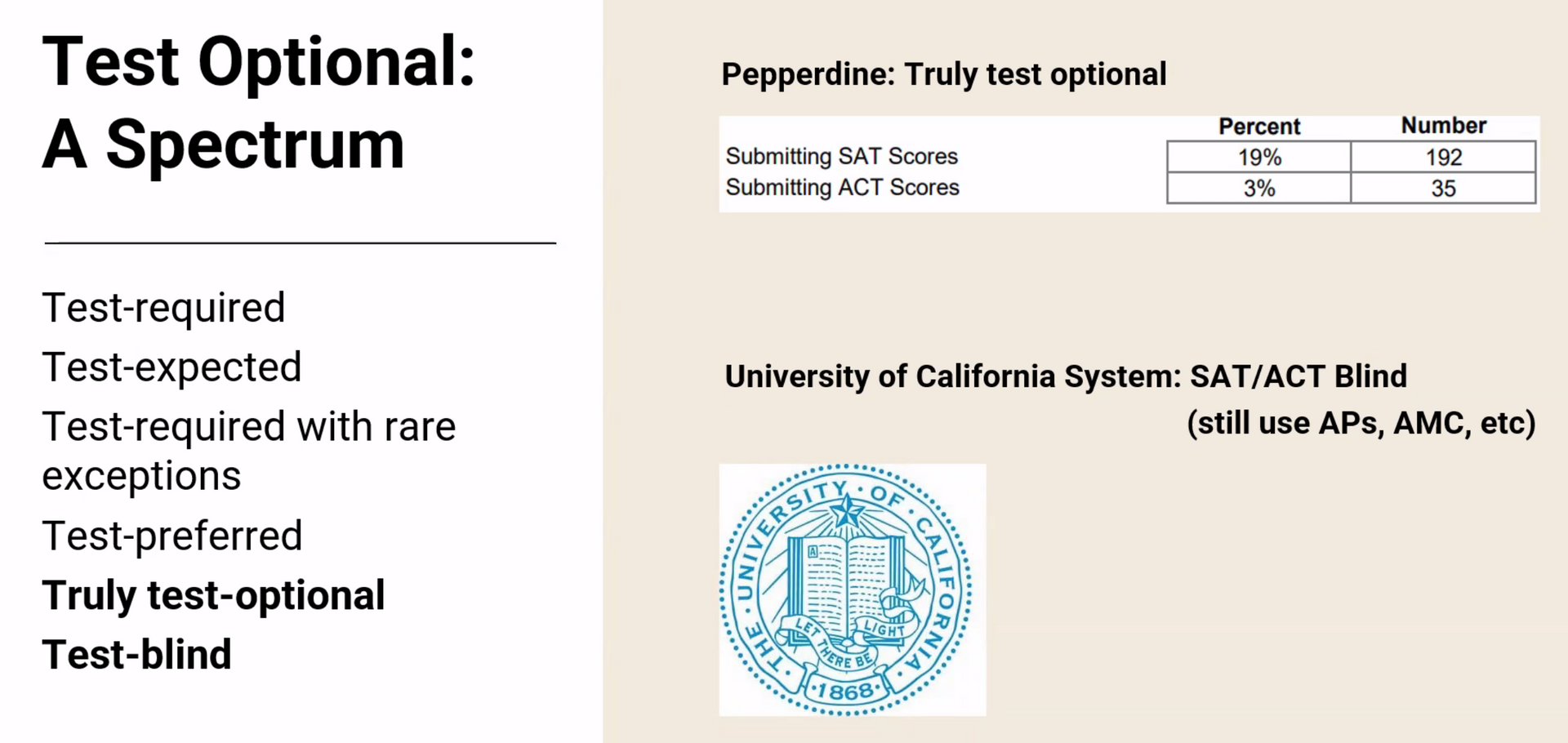Setting the Right Price: A Comprehensive Guide for Educational Consultants and College Planning Specialists

CounselMore can guide you in setting your service prices by providing tools, resources, and a framework based on industry best practices and data, as well as your specific business needs. Here's how CounselMore helps:
Understanding Your Product and Costs:
CounselMore emphasizes that you need to understand your "product," which refers to the services you provide, and the time and resources it takes to deliver that service. This involves defining your services, typically starting with a comprehensive college counseling package, and creating a repeatable, trackable process. The software platform, CounselMore was made specifically for educational consultants and provides deep resource articles about these services. These resources encourage consultants to focus on perfecting a single product delivery system before adding new products.
Considering Key Factors Influencing Pricing:
CounselMore advises taking into account several factors that influence pricing, including demographics, competition, experience, reputation, the specific services you provide, and the supply and demand in your region. This includes:
Demographics:
Adjusting your fees to align with the cost of living and economic conditions of the families you serve or would most like to serve - consider this carefully.
Competition:
Researching the prices of other educational consultants in your area, while also maintaining your unique value proposition.
Experience:
Emphasizing your experience, training, and professional development, including recommendations from past clients. Consider a step plan for rising your prices to a goal over a period of time, proving concept as you go.
Reputation:
Building your reputation by providing exceptional service, which will contribute to word-of-mouth referrals. To meet your price goals build referals into your forward planning.
Services Provided:
Being specific about the services you offer, and establishing a repeatable process for delivering them. Do one thing well.
Supply and Demand:
Understanding the market, particularly in areas where there is less competition, and educating potential clients about the value of an educational consultant.
Choosing a Charging Model:
CounselMore provides flexibility in how you charge for your services, with options for hourly billing, package billing, or block-of-hours billing.
Package Billing:
A fixed fee for the entire counseling process.
Hourly Billing:
Charging a set rate for the time spent with the client.
Block of Hours:
A set number of service hours are bundled at a fixed price. The platform allows you to track how many hours have been used.
Using Tools and Features within the Platform:
CounselMore offers several tools and features that support the process of pricing your services:
Time Tracking:
The platform includes a built-in stopwatch function to track the time you spend on each student. It allows you to track time spent with the student and automatically add it to the student’s accounting tab. This is critical for you to know your costs.
Billing Profiles:
CounselMore lets you create billing profiles to manage different pricing models. You can set up package, hourly, or block of hours billing.
Invoicing:
The platform has an invoicing tool to help with client accounting, including sending payment links and confirmation notes.
ROI Calculator: CounselMore offers an ROI (Return on Investment) calculator that helps you experiment with pricing strategies and forecast when your revenue will compensate your startup debt and start generating income.
Guidance on Initial Consultations:
CounselMore acknowledges that opinions vary on whether to charge for initial consultations. It suggests that you can choose to offer free consultations, especially in your early years, or you can charge a fee that you can then deduct from the overall cost of a comprehensive package if the client chooses to work with you.
Emphasis on Value and Tangibles:
CounselMore emphasizes that, because you are offering an intangible service, you must make that service tangible for the customer by quantifying it. It suggests that you do this by breaking down your services into benchmarks, phases, meetings, or assignments. CounselMore also recommends developing a repeatable process, much like selling a dress, so that you can administer the same process to many different clients.
Developing Policies:
CounselMore's approach, called "no wins, no waiver, no favor", encourages you to develop company policies and standard operating procedures to ensure that you do not make pricing decisions in the heat of the moment. It encourages you to practice your answers to pricing questions so that you can respond professionally, and to see your company as your best friend, and defend it.
Defining Your Niche:
CounselMore advises that, if you are struggling with price, the first question to ask is "what is your niche?" By defining your niche and ideal client, you can determine what their specific concerns, fears, and needs are. This allows you to create a service and price that is specifically tailored for them.
Analyzing Your Costs and Expenses:
CounselMore states that you need to know what it costs to run your business and what you need to make,
If 100K is needed annually, then the cost to run the business must be tallied to determine how much higher than 100K has to be earned to meet the goal of 100K revenue... As a general number, let's say the cost to run the company were budgeted at $500 per month (CounselMore, Calendly, Bookkeeper, tour-fund...) 6k annually,,, 106k must be earned and the average per comprehensive national price in 2020 was $4000, on average a counselor takes on 25 - 35 students per year in contracts averaging around $4000.
Steps and Logic to setting your educational consulting price rate fees:
- Revenue Goal: To take home $100K annually, a counselor needs to account for business expenses and add those to their target income.
- Business Expenses: At $500/month, expenses total $6,000 annually.
- Total Earnings Needed: $100K (target income) + $6K (expenses) = $106K.
- Average Price Per Client: $4,000 per comprehensive package.
- Clients Needed:
- $106,000 ÷ $4,000 = 26.5 clients.
Since a part-time caseload is often considered 25–35 clients per year, this math aligns well with industry averages, requiring 27 clients at minimum to hit the revenue goal with $6K in expenses. This is a reasonable benchmark for solo IECs using these numbers. However, the more repeatable the process, the more you are capable of serving and the more you are capable fo teaching your process to scale your services.
Considering National Averages:
CounselMore suggests you research national averages for consultant fees and salaries to get a benchmark. As of December 1, 2024, the average annual salary for an educational consultant in the United States is approximately $110,901. However, the platform notes that it is more useful to think about your price today, tomorrow, and in the coming years, and how many clients you expect to take on.
Pricing for Your Ideal Client:
CounselMore emphasizes that you need to understand your ideal client to set your prices accordingly. For instance, if you work with clients for whom accessibility is a priority, you might put your fees on your website. However, if you work with clients for whom discussing price is "out of cache," you may need to use specific language when discussing costs.
Community and Support:
CounselMore provides a community for you to connect with other counselors and ask for feedback about your pricing. They host a monthly mentorship circle and a weekly study hall for members to ask questions of industry experts.
By using CounselMore, you can move beyond guesswork and create a pricing strategy that is both competitive and sustainable. Join a community committed to counselor success because more counselors serving more students means more students served.


















